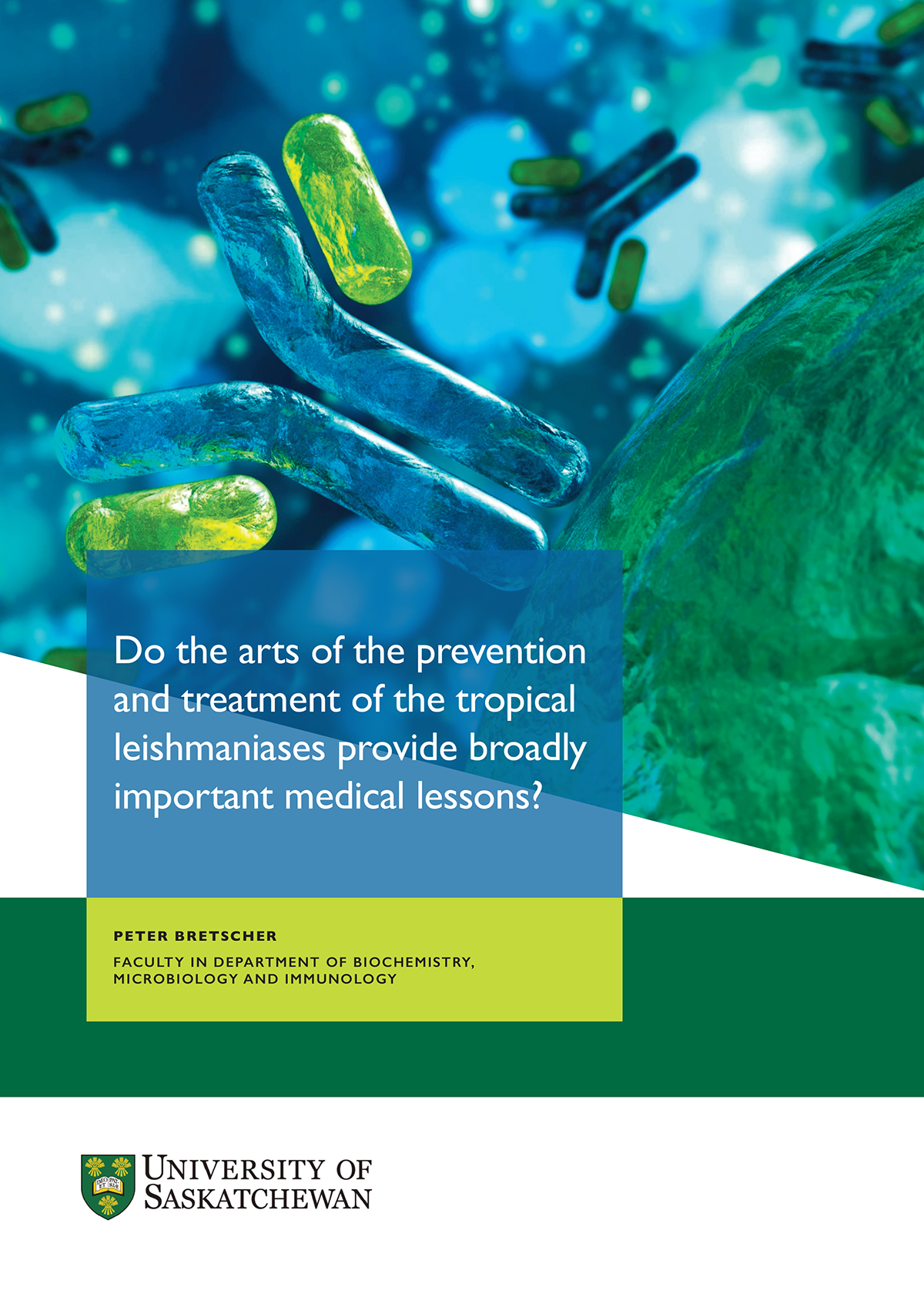Professor Peter Bretscher, Biochemistry, Microbiology and Immunology at the University of Saskatchewan, explains what we can learn from the treatment and prevention of tropical leishmaniases
When it comes to immunology, COVID-19 has brought the field to light in a way never previously witnessed. Now, articles and laypersons are constantly asking questions once left to the obscurity of labs, academic papers and discussions between experts – from what is the role of lymphocytes in this variant of the virus to what is the T Cell response to certain mRNA vaccines, questions are being asked across the globe.
However, are the foundations of how we understand the immune system today, strong? Are contemporary investigations of illness functioning on tenable theoretical lines?
When it comes to questions that investigate the information overload of theory within immunology, Professor Bretscher is prepared with a fifty-year period of engagement with science.
He says: “There are two big questions about how immune responses are regulated. The immune system responds to invaders, such as disease-causing pathogens and cancer, collectively called foreign antigens.
“Its potential to respond against cells and molecules of the body, to which the immune system belongs, collectively called self-antigens, is normally ablated/destroyed. How do foreign and self-antigens interact differently with the immune system to trigger immune responses or ablate this potential?”
“In other words: To Be, or Not To Be?
“The second question is: If To Be, What To Be? This question arises because the immune system has different means of attacking foreign invaders and has a decision making process as to which to employ. The two major means are referred to as cell mediated and antibody-mediated immunity. So how does the immune system decide on what immunity to generate? I have ideas on answers to these two interconnected questions.”
Now, he reflects on how the treatment and prevention of tropical leishmaniases can allude to even more insight. What lessons are ready and waiting for us in this branch of biomedical thinking?
To find out all the above and more, look no further.


